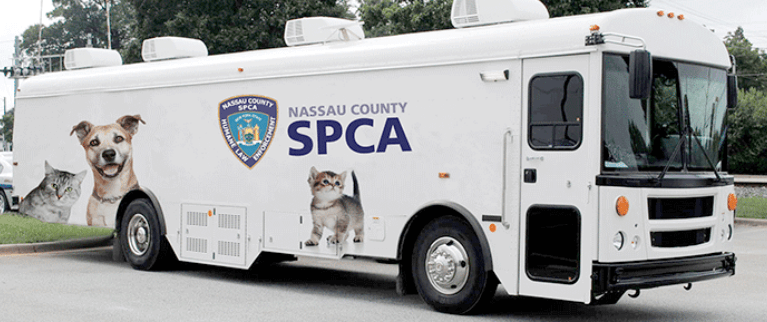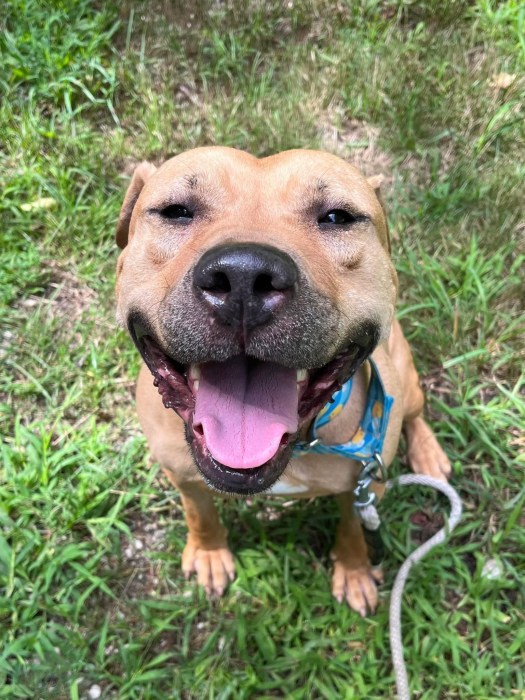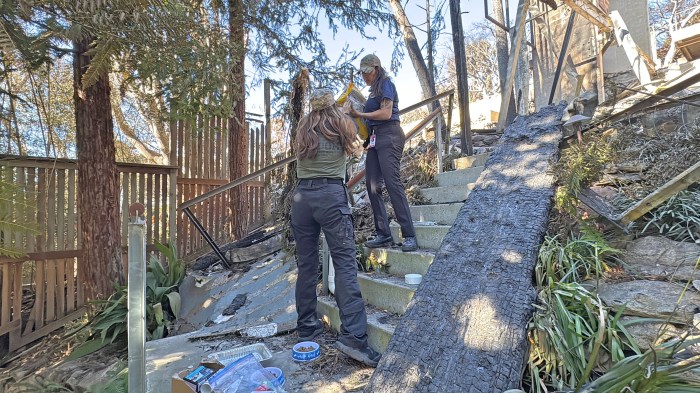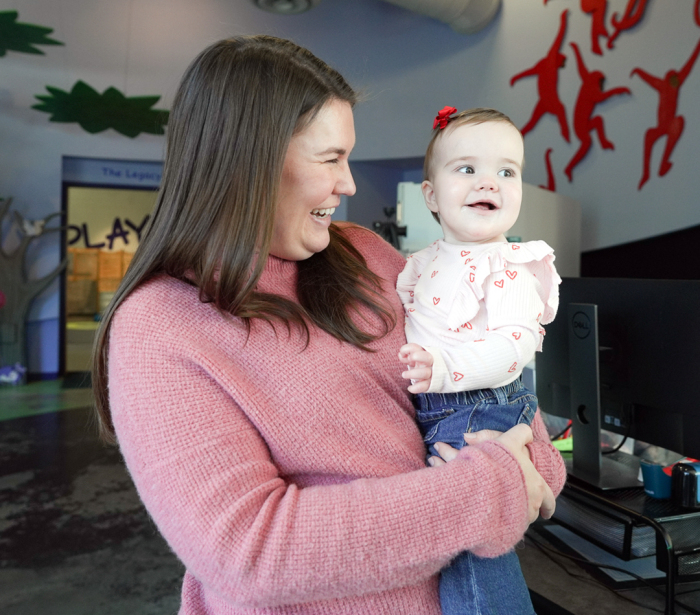At the heart of animal protection and law enforcement lies the Nassau County Society for the Prevention of Cruelty to Animals (NCSPCA).
Although the NCSCPA is commonly misconstrued as a branch of the ASPCA, these are two separate and distinct organizations. The NCSCPA’s primary mission is to serve and protect animals within Nassau County, operating independently without any financial support from the ASPCA, relying solely on public donations and the committed efforts of unpaid volunteers.
Leading the organization is President Gary Rogers, followed by Detectives Matt Roper and Brian Wasserman. They oversee the NCSCPA’s law enforcement unit that consists of 19 detectives, all sworn peace officers equipped with full powers of arrest with a unique focus on agricultural and market investigations. The NCSPCA is the sole animal protection agency officially designated to operate within the county’s borders, and they all do so as volunteers. Running parallel is the NCSPCA executive director Maria Mora, their one and only salaried employee, who receives a paycheck courtesy of a generous private donor. Mora manages the overall volunteer and community outreach program, including the Safe Center Long Island, which helps victims of abuse keep their pets safe and protected.
On any given day, the NCSPCA hotline, 516-THE-SPCA (516-843-7722), receives calls covering a broad spectrum of animal concerns, from barking dogs to injured animals to dog-fight tips. Calls are answered by dispatch and routed to detectives including Roper, who began this one particular morning by responding to a call about an illegally dumped animal carcass. Having worked as a paramedic since 1985 and as a detective for the NCSPCA since 2006, Roper is armed with a wealth of knowledge and experience. “Half of an NCSPCA detective’s job is educational enforcement,” says Roper. “In many cases, pet owners do not understand that they have what’s known as a care and custody responsibility. This requires anyone who owns an animal to provide basic medical treatment as needed and protection from unjustifiable, unnecessary, or unreasonable pain.”
This was the exact circumstance he faced on his next call involving a concerned veterinarian reporting on a dog brought in with a broken limb. Against doctors’ orders, the owners were refusing surgery, instead seeking alternative, homeopathic treatments. “This is an example of a multistep complex case that requires subpoenaing of veterinarian records, obtaining independent veterinary opinions, conducting site visits and collaborating with the district attorney, all of which must take place before an animal, which is legally considered property, can be removed,” says Roper. But too often, when the NCSPCA is in this type of holding pattern, frustrated complainants take to social media with their criticisms of the agency, which can disrupt cases and even put a stop to investigations. Therefore, should you find yourself entangled in a complaint, avoid sharing any details online and communicate directly with the NCSPCA.
As the day progressed, Roper followed up with a potential hoarder/abuse case and made a subsequent visit to a local market for a possible illegal sale-for-consumption matter, all while remaining tethered to his cellphone, contacting complainants and liaising with numerous state and local agencies, animal specialists, and experts. To grasp the extent of the NCSPCA’s workload, keep in mind that all these duties were performed by just one volunteer detective before he took a lunch break.
The NCSPCA is not only involved with abuse and neglect cases, it is also on the front lines when disaster strikes, such as the organization of more than 1,000 animals at Nassau Community College during Superstorm Sandy. And with a heightened awareness on education, volunteers conduct educational programs for students, scout groups, and community organizations as well as specialized training to local police departments on an ongoing basis.
The vital work of nonprofit organizations like the NCSPCA relies on public donations to ensure that they have the necessary resources to help as many animals as possible. “The cost associated with animal rescue can be astronomical,” explains Roper. “In the event an animal is relinquished or surrendered, there are veterinarian fees, transport costs, foster expenses, etc.” Without the generosity of donors, rescue efforts would be severely constrained.
For more information about how you can support our local NCSPCA, please visit their website at nassaucountyspca.org.































